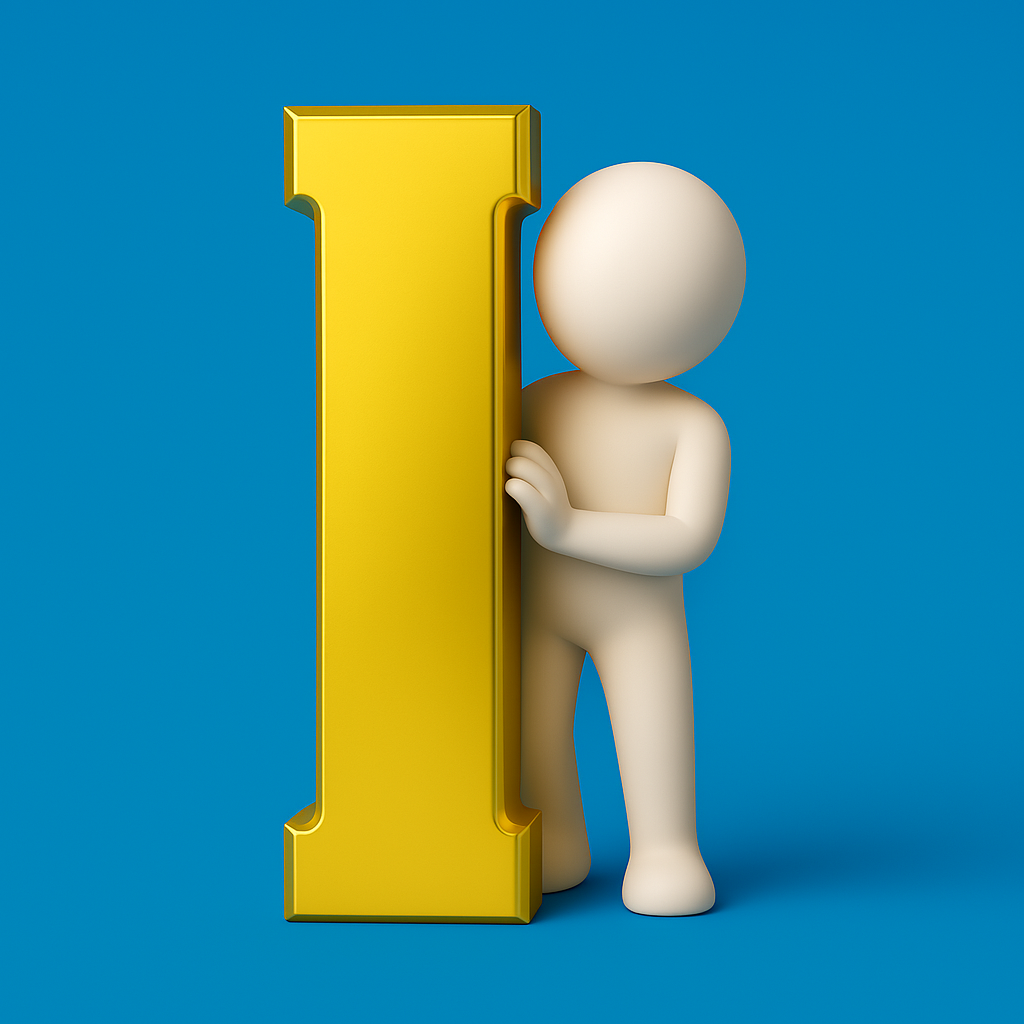“I DON’T KNOW”
“I DON’T KNOW”
It’s a phrase many of us use when our search to figure something out is in progress. But what else could it mean?
That phrase—”I don’t know”—can carry more weight in counselling than it first appears. It’s often not just about lacking information, but can reflect all sorts of inner experiences. Here are a few possibilities:
![]() Emotional Overwhelm The person might be feeling so many things at once that they genuinely can’t untangle or name them. “I don’t know” becomes a stand-in for emotional overload.
Emotional Overwhelm The person might be feeling so many things at once that they genuinely can’t untangle or name them. “I don’t know” becomes a stand-in for emotional overload.
![]() Avoidance or Protection Sometimes it’s easier—or safer—to say “I don’t know” than to confront something painful or uncertain. It might protect them from judgment, vulnerability, or even from triggering emotions.
Avoidance or Protection Sometimes it’s easier—or safer—to say “I don’t know” than to confront something painful or uncertain. It might protect them from judgment, vulnerability, or even from triggering emotions.
![]() Disconnection or Numbness They might be feeling disconnected from themselves, unsure of what they think or feel. This can happen with anxiety, trauma, or depression—when you go a bit “offline” inside.
Disconnection or Numbness They might be feeling disconnected from themselves, unsure of what they think or feel. This can happen with anxiety, trauma, or depression—when you go a bit “offline” inside.
![]() Unconscious Insight It could be that they do know something on a deeper level but can’t yet articulate it. The words just haven’t arrived, or the insight isn’t ready to come to the surface.
Unconscious Insight It could be that they do know something on a deeper level but can’t yet articulate it. The words just haven’t arrived, or the insight isn’t ready to come to the surface.
![]() Searching in Progress Sometimes “I don’t know” is an honest recognition that they’re in the middle of figuring it out. That moment of not knowing can actually be the beginning of self-awareness.
Searching in Progress Sometimes “I don’t know” is an honest recognition that they’re in the middle of figuring it out. That moment of not knowing can actually be the beginning of self-awareness.
In a way, “I don’t know” can be a door—not a wall. A good counsellor might gently explore what could be behind that uncertainty, what’s making it difficult to think about, what is behind the drive to know and what is it about not knowing that is making it hard to mentally figure things out.
So perhaps when you find yourself saying or thinking “I don’t know”, the question might also be “what do I need to discover in this space about this uncertainty and what it means for me” and through that question, the potential for progress and movement can occur.


 Telephone
Telephone